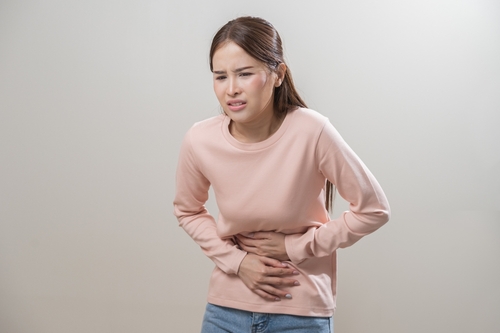Have you suffered a food poisoning injury? In Virginia, we have what is called the implied warranty of fitness or suitability of food. If the food is unwholesome and you suffered an injury, you can recover against the person who served it. This could be the restaurant, or it could be the manufacturer of the food.
But the bottom line is this: your food should be safe. And if it’s not, and if you are hurt, you should talk to a personal injury attorney about that.
If you have a question about a potential food poisoning injury case, contact our office. At Shapiro, Washburn & Sharp, we can help you assess your claim and guide you through the legal process to ensure you receive the compensation you deserve. Call us today at 833-997-1774 for a free consultation.
What Are the Legal Options for Someone Who Suffers from Food Poisoning?
If you suffer from food poisoning, you may have several legal options to seek compensation for your injuries. The most common route is filing a personal injury lawsuit against the party responsible for the contaminated food, which could be a restaurant, food manufacturer, grocery store, or food supplier. To succeed, you must prove that the food you consumed was contaminated and that this contamination caused your illness.
If the food poisoning resulted from the negligence of a business or manufacturer, such as improper food handling, storage, or sanitation practices, you could pursue a negligence-based claim. Alternatively, if the contaminated food was sold without proper labeling or warnings, a product liability claim might be appropriate. If the case involves gross negligence or intentional harm, punitive damages may also be pursued.
How Do I Prove That a Business Is Responsible for My Food Poisoning?
To prove that a business is responsible for your food poisoning, you must establish that the food was contaminated and that the contamination directly caused your illness. Key evidence in a food poisoning case includes:
- Medical records: Documentation of your symptoms, diagnosis, and treatment from healthcare providers can show the severity of your illness and establish a timeline of events.
- Food inspection reports: Health department inspections or reports showing violations of food safety practices at the establishment where you ate can help demonstrate that poor hygiene or improper food handling led to your illness.
- Witness testimony: Statements from other customers who ate the same food and became ill or employees who can attest to poor hygiene practices can strengthen your case.
- Food testing: If possible, testing the food or ingredients that caused the poisoning can provide direct evidence of contamination with bacteria or toxins, such as E. coli, Salmonella, or norovirus.
Gathering this evidence is crucial in showing that the defendant’s actions (or inactions) directly led to your food poisoning.
What Types of Compensation Can I Seek in a Food Poisoning Lawsuit?
In a food poisoning lawsuit, you may be entitled to various forms of compensation, depending on the severity of your illness and the impact it has had on your life. Some of the most common types of damages you may seek include:
- Medical expenses: This includes costs for hospital visits, doctor appointments, medication, and any other treatment needed to recover from food poisoning.
- Lost wages: If your illness caused you to miss work, you can seek compensation for lost income during your recovery period.
- Pain and suffering: If the food poisoning resulted in significant physical pain, emotional distress, or long-term health effects, you may be able to seek damages for these non-economic losses.
- Punitive damages: In cases of gross negligence or intentional harm (such as when the business knowingly sold contaminated food), you may be eligible for punitive damages, which are meant to punish the wrongdoer and deter future misconduct.
The amount of compensation will depend on the facts of the case, including the severity of your illness, the defendant’s actions, and the impact on your life.
Are There Any Time Limits for Filing a Food Poisoning Lawsuit?
Yes, there are time limits for filing a food poisoning lawsuit, known as the statute of limitations. In Virginia, the statute of limitations is two years from the date you became ill or discovered that food poisoning was the cause of your illness. It is crucial to file your claim within this time frame, as failing to do so can result in the court dismissing your case.
Can Your Law Firm Pursue a Food Poisoning Claim?
Working with an experienced personal injury attorney can help ensure you have the necessary evidence to prove your case and secure compensation for your damages. At Shapiro, Washburn & Sharp, we have decades of experience handling personal injury claims, including food poisoning claims. We understand how to navigate the legal process and work with you to maximize the value of your case. Call us at 833-997-1774 to schedule a free consultation, and let us help you get the compensation you deserve.
